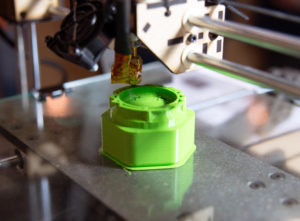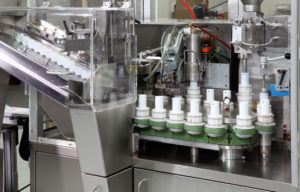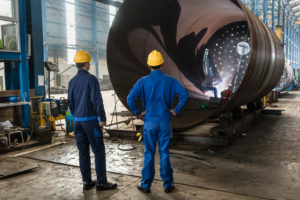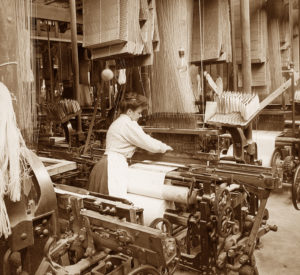Vertical Integration Made Easy with a Global Market
February 18, 2017Vertical Integration: an arrangement in which a company owns its supply chain; usually each member of the supply chain produces a different product or service, and the products combine to satisfy a common need Vertical Integration is an interesting strategy in the manufacturing industry and has become simpler to achieve in recent times. The concept…
Read More









